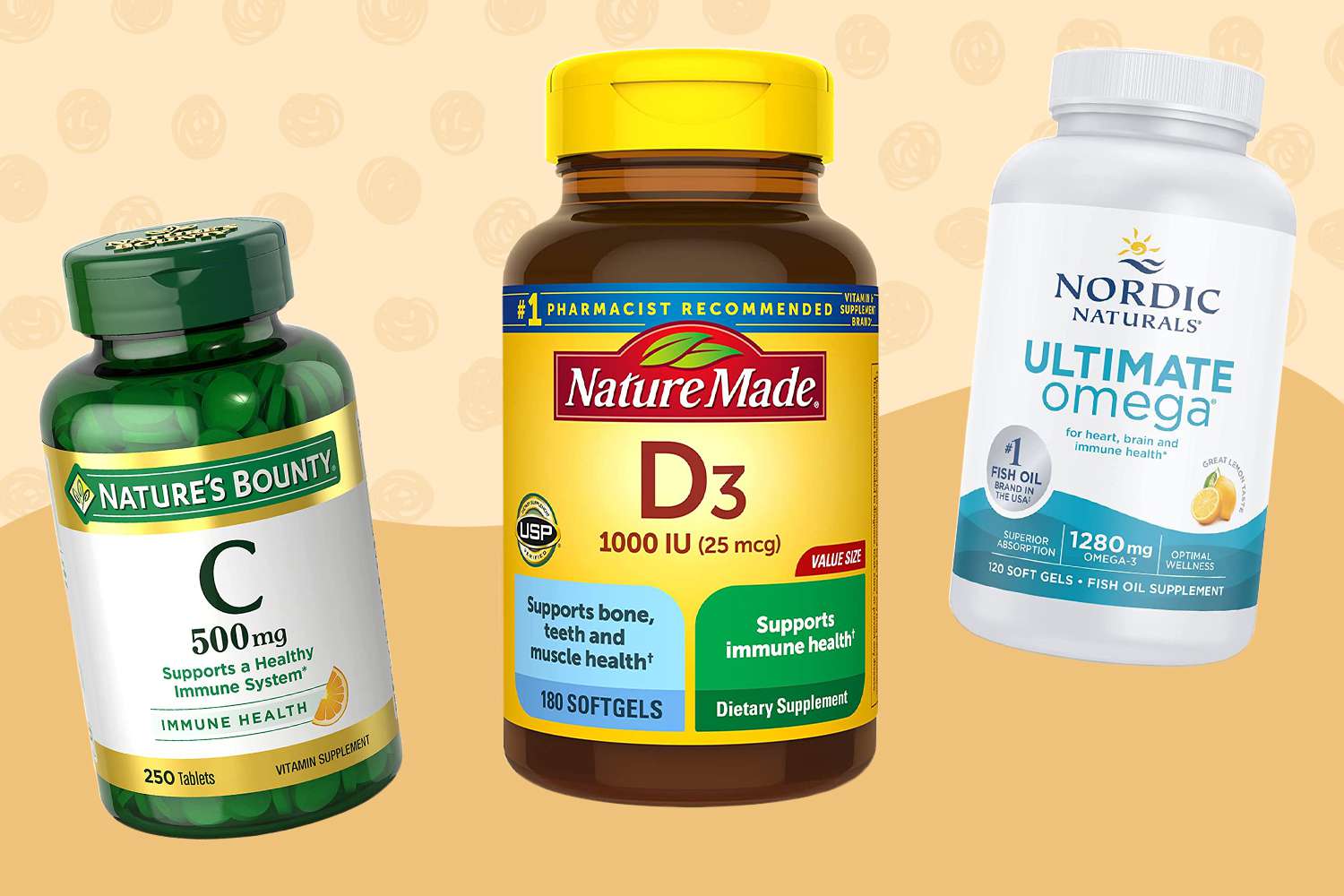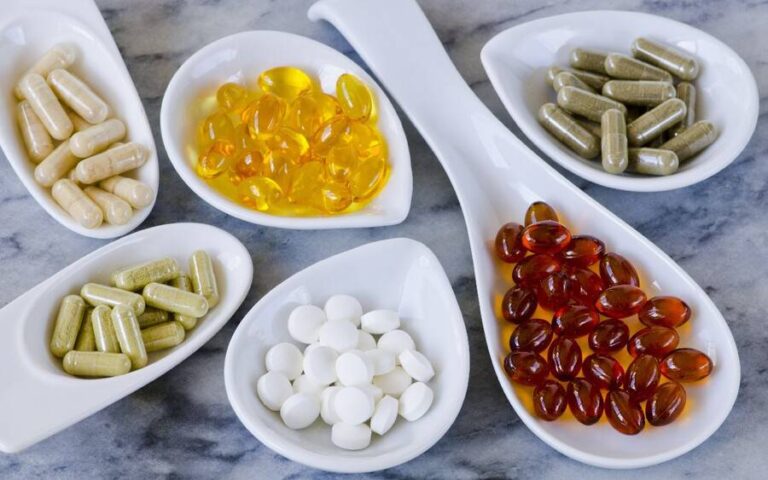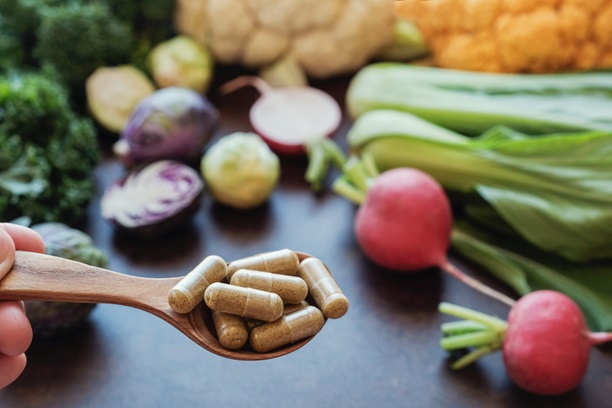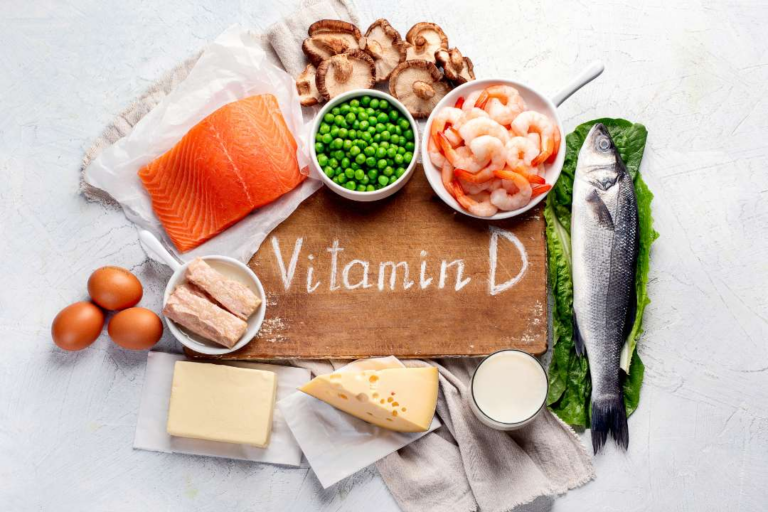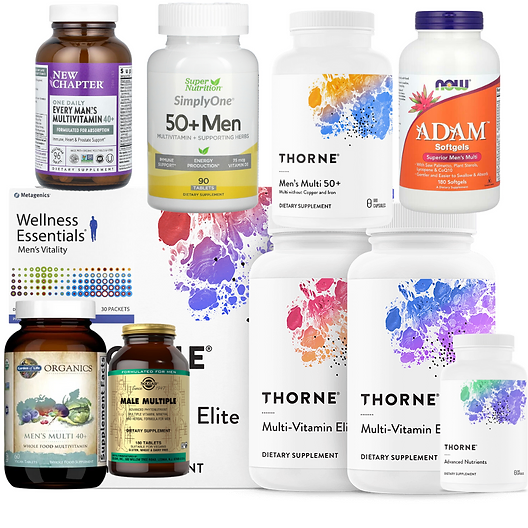Best Vitamins for Immune Support
Feeling run down? It’s a sign your immune system might need a boost. A strong immune system keeps you healthy, helps fight off illness, and supports overall well-being. But how do you make sure yours is in top shape? Vitamins play an essential role in immune function, and knowing which ones truly matter can make all the difference.
This guide will walk you through the best vitamins for immune support, where to find them, and how to seamlessly include them in your daily life—whether you’re a wellness enthusiast, a busy professional, or someone focused on mindfulness and self-care.
Why Vitamins Matter for Immune Health
Your immune system defends your body from harmful invaders like bacteria and viruses. Vitamins are like key players in this defense team—they strengthen your body’s natural barriers, help produce immune cells, and boost your energy. Without the proper nutrients, your immune system can’t perform at its best.
Now, let’s break down the superheroes of immune support so you know exactly what your body needs.
Key Vitamins for Immune Function
These vitamins don’t just support your health—they are absolutely crucial for immunity.
1. Vitamin C
If there’s one vitamin people associate with immunity, it’s Vitamin C. And for good reason! Vitamin C is a powerful antioxidant that helps protect your cells from damage and supports the production of white blood cells—the frontline soldiers of your immune system.
Where to find it:
- Oranges, strawberries, kiwi, and guava
- Bell peppers, broccoli, and spinach
Degree of importance? Extremely high! Your body doesn’t store Vitamin C, so consuming it daily through food or supplements is essential.
2. Vitamin D
Often called the “sunshine vitamin,” Vitamin D is essential for immune response. It helps the body produce proteins that fight off bacteria and viruses. Plus, a Vitamin D deficiency is linked to increased susceptibility to infections.
Where to find it:
- Sunlight (your body produces Vitamin D when your skin is exposed to sunlight)
- Fatty fish like salmon or mackerel, fortified milk, and egg yolks
Since many people don’t get enough sun exposure, a supplement might help ensure you’re meeting the recommended levels.
3. Zinc
Not a vitamin, but zinc is a mineral that deserves its spot in the immune-boosting hall of fame. Zinc supports immune cell production and helps heal wounds faster. It’s essential for staying healthy, especially during cold and flu season.
Where to find it:
- Shellfish (oysters are a powerhouse), beans, nuts, and whole grains
4. Vitamin A
Vitamin A strengthens your immune system by maintaining healthy mucous membranes in your lungs, intestines, and other parts of your body—your natural barriers to infection.
Where to find it:
- Sweet potatoes, carrots, spinach, and mangoes (anything orange or green is usually a great source)
5. Vitamin E
This underrated antioxidant helps your immune cells function at their best. Like Vitamin C, it also protects your cells from damage caused by environmental stressors.
Where to find it:
- Almonds, sunflower seeds, hazelnuts, and spinach
Food vs. Supplements: What Works Best?
The best way to get these nutrients? A balanced diet packed with whole, nutrient-dense foods. When you consume vitamins through food, your body absorbs what it needs while also benefiting from fiber, phytochemicals, and other nutrients.
Here are some natural food pairings to maximize nutrition:
- Salmon + Spinach Salad for Vitamin D and E
- Greek Yogurt with Berries for Vitamin C and zinc
- Roasted Sweet Potatoes + Veggie Stir Fry for Vitamin A
However, not everyone gets sufficient vitamins from food due to dietary restrictions, lifestyle factors, or even seasonal changes. For example, during winter, sunlight for Vitamin D can be scarce. Supplements can fill the gap, but they should complement your diet, not replace it. Always consult a healthcare provider before taking new supplements.
Incorporating Immune-Boosting Vitamins Into Everyday Life
Don’t worry—supporting your immunity doesn’t mean a total lifestyle overhaul. Here’s how to make it manageable based on your priorities.
For Health Enthusiasts
Experiment with vibrant, nutrient-packed smoothie bowls. Add spinach (Vitamin A + E), nut butter (Vitamin E), and a handful of fresh fruits like kiwi or berries for a Vitamin C boost. Don’t shy away from trying fortified plant-based milks for extra Vitamin D.
For Busy Professionals
Lack of time? Go for quick, nutrient-dense snacks like a handful of nuts (Vitamin E) or string cheese (Vitamin D). Keep a brightly colored thermos of orange juice in your bag for your Vitamin C fix—it’s simple, portable, and refreshing!
For Mindfulness Seekers
Recharge with mindful eating. Take the time to enjoy a rainbow plate of foods, focusing on whole, natural ingredients. For example, roast some sweet potatoes with olive oil for nutrients and healthy fats, creating a dish that’s as nourishing as it is meditative.
Staying Consistent During Stressful Times
Periods of high stress—work deadlines, seasonal changes, or even travel—can challenge your immune system. During those times, adding supplements (under a doctor’s guidance) or doubling up on nutrient-rich meals can give you an extra shield of protection. Try pre-prepped vegetable and protein dishes or keep Vitamin C chewables on hand for convenience.
Immune Health Is Key to Overall Well-being
Your immune system works hard for you every day—why not give it the support it deserves? By incorporating essential vitamins like C, D, E, A, and zinc into your diet through whole foods or supplements, you can set the foundation for a healthier, happier you.
Don’t forget, small changes make big impacts over time. Whether you’re blending a smoothie, enjoying sunlit moments, or exploring new recipes, you’re actively nurturing your immunity.
Take care of your health one bite (or capsule) at a time. For more tips on boosting your immunity or personalized recommendations, check out our resources designed just for you!

